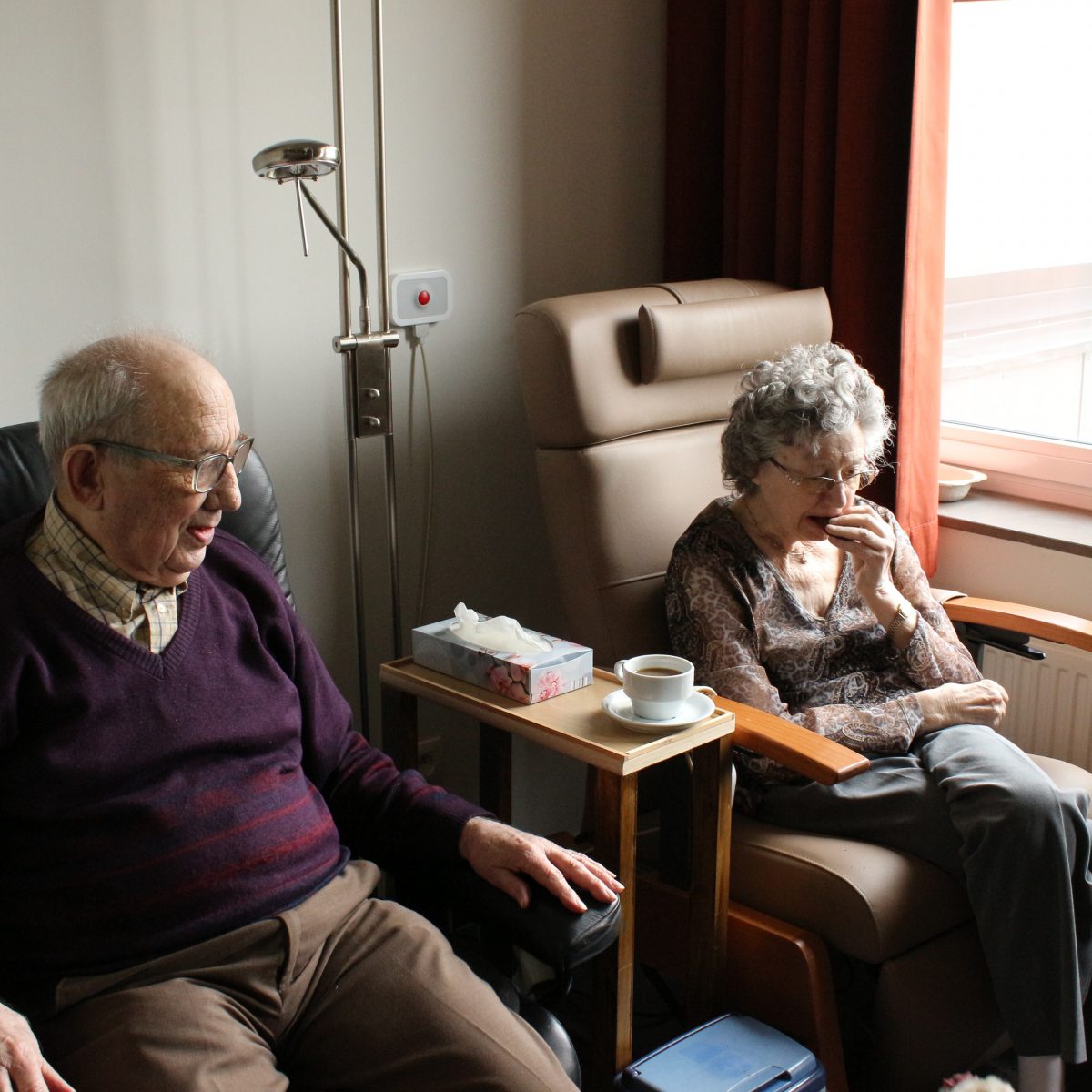
If we’re lucky enough, we will all experience ‘golden years’ and with their arrival comes decisions about how and where we want to live in our old age.
You don’t have to be approaching your senior years to be confronted by this reality. The children of elderly parents are often involved in these conversations and will often have to share the financial burden.
A plan for staged retirement living is the best way to approach the challenge. This should consider not only apartment living and or residence in a retirement home but also the possibility of 24-hour residential care in those final stages.
While no family is the same and health factors are a significant consideration, the fundamental choice is often the same – is it better to move into a retirement home, or to live in an apartment so you can enjoy your independence with less responsibility.
As your local real estate agent, we’re happy to help you with this decision and share with you some beautiful apartments available in our area that may be suitable for seniors as well as advise you on the sale of your current property.
Whatever decision you make, it’s essential you have all the information that is available to you. Here, we share some of the insights we’ve learned at our agency over the years:
- Living in an apartment offers a feeling of independence and control. A retirement home can feel a little ‘final’ to some.
- Some retirement villages feature various styles of housing, such as a townhouse, villa and serviced apartment based on the ability of their residents’ ability to care for themselves. So there is both independence while you want it, and support when you need it.
- Retirement homes charge monthly running costs for their entire village. So, you need to assess the financial impact of each choice carefully.
- While retirement homes have excellent care facilities, federal government care packages now make it a lot easier to arrange for carers to visit an apartment. Make sure you explore these options and their costs.
- You have to be wary of isolation in an apartment. Retirement homes have a level of social interaction that you cannot expect in a block of units. This is less of an issue if friends and family are nearby.
- Retirement homes tend to be safer, and certainly, there are more people around to help in case of illness or a fall and most have features designed to help residents remain independent longer.
- If the children are not nearby, the maintenance of an apartment, such as fixing a leaking tap or a loose tile in the bathroom, can become overwhelming. That’s not an issue in a retirement home.
- Household chores are also a thing of the past in a retirement home. That said, these can give the elderly a sense of purpose in their later years.
- A retirement home tends to be populated only by the elderly and those who work there. It can become a bit of a bubble. There’s less opportunity to see and experience other aspects of life.
- Rules exist in a retirement village for the good of all, which can reduce the sense of independence.
- Life retains a sense of consistency with ownership of an apartment. This may include the ability to keep a pet as a companion.
These types of decision are never easy. Discuss your options with your financial adviser and your family. If we can help with information about what your current home might be worth and potential apartment options, we are at your disposal.
